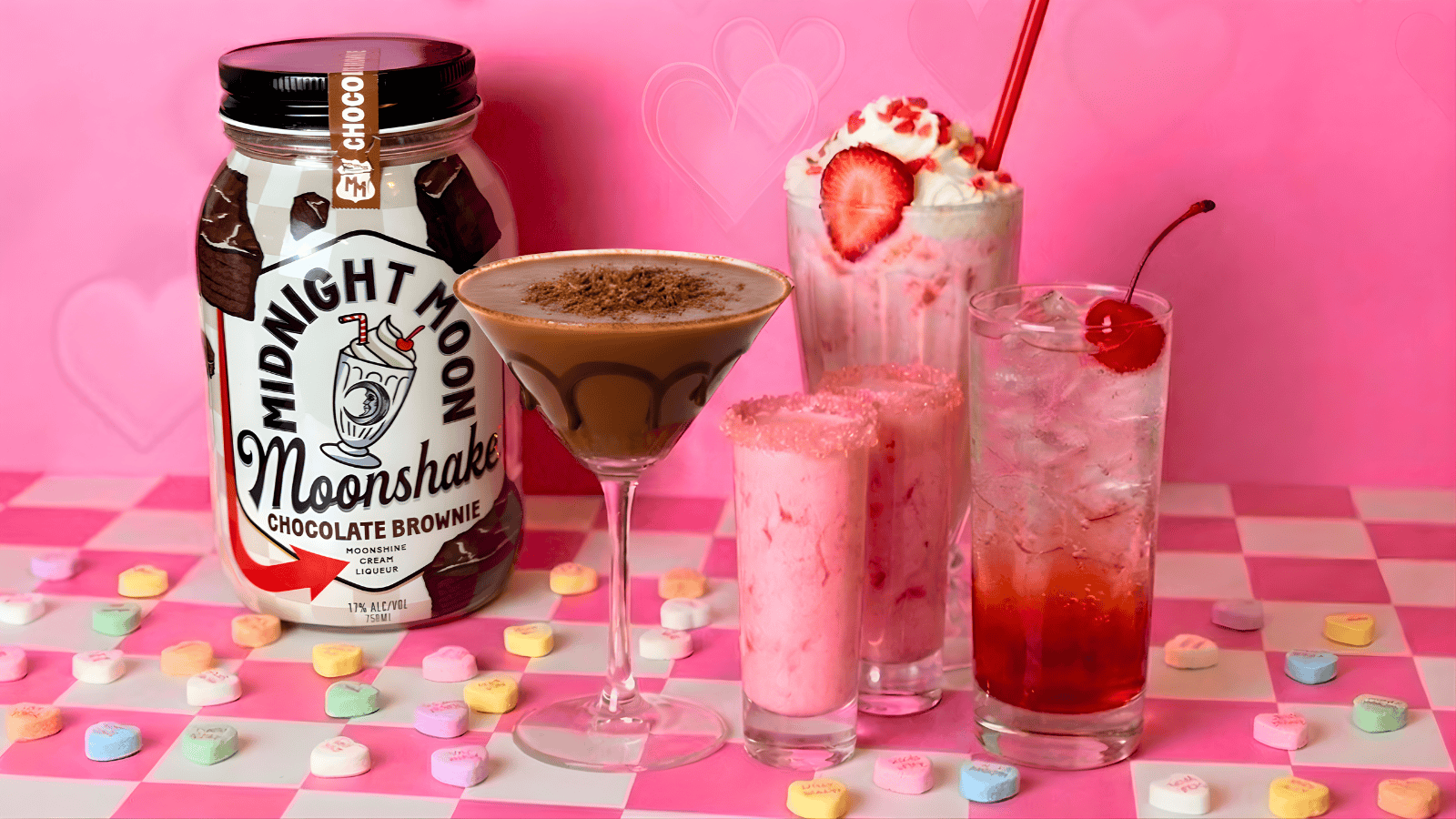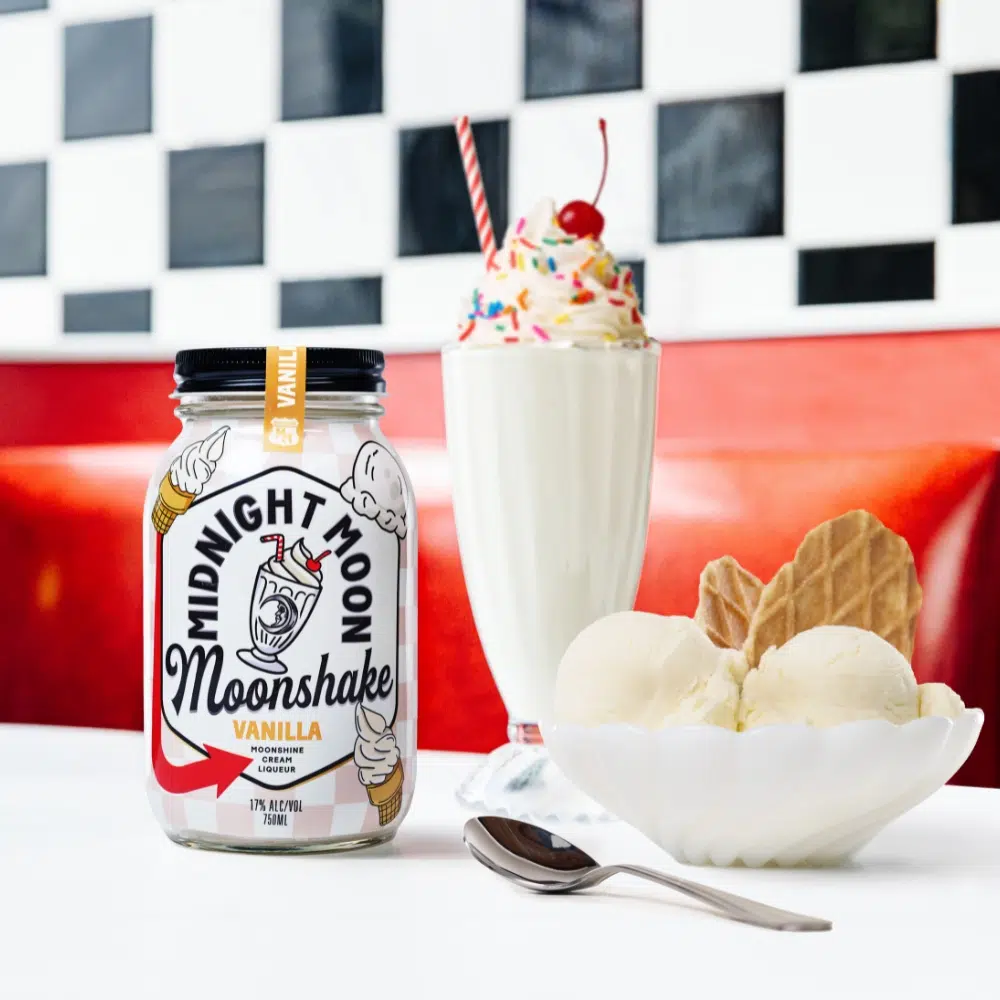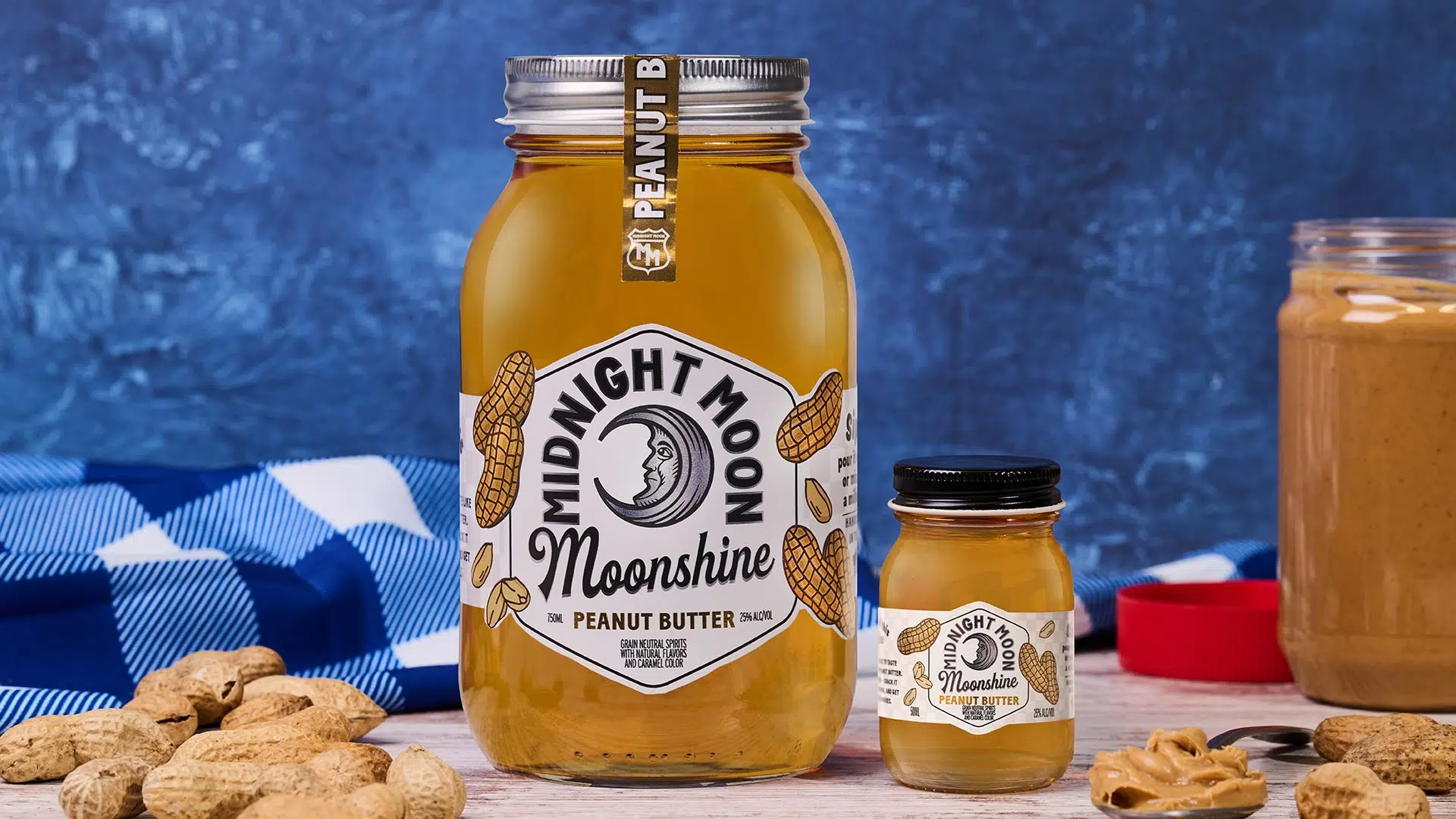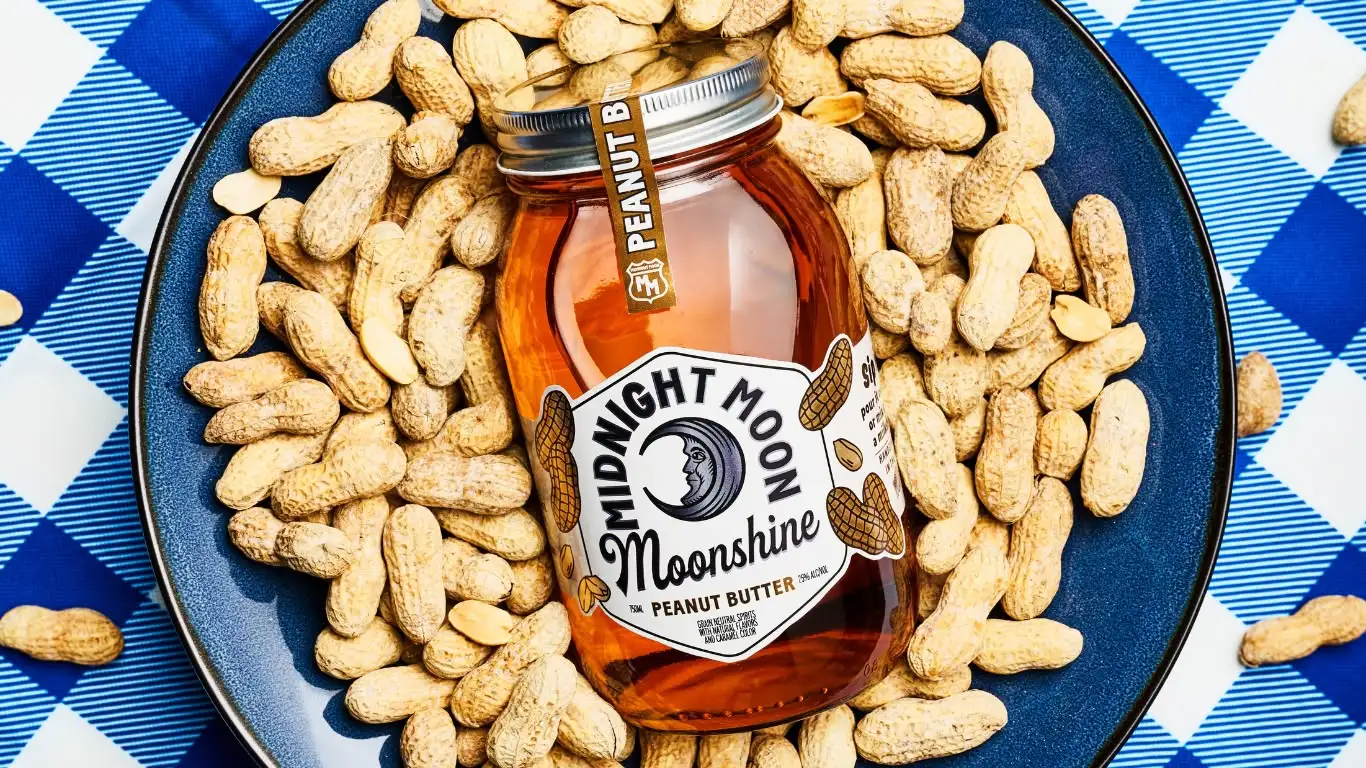Moonshine w/ Junior Johnson Stock Car Legend
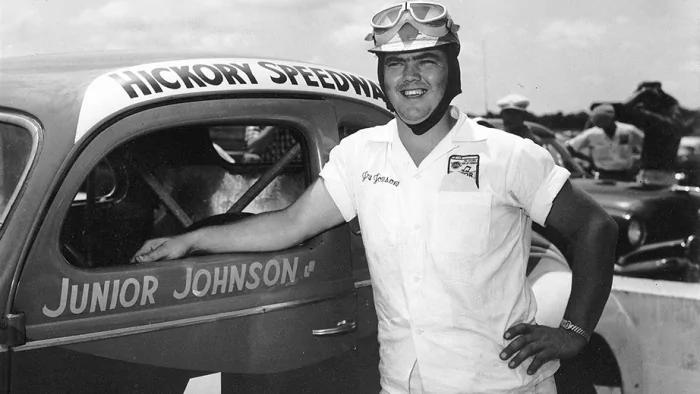
Written by 'Midnight Moon Moonshine' on Our Story

MOONSHINE WITH … JUNIOR JOHNSON STOCK CAR LEGEND
THE MAN SI NAMED THE BEST DRIVER IN NASCAR HISTORY TALKS ABOUT PRISON, TOM WOLFE AND THE SECRET TO SOAP BOX DERBY—AND HE’S PLUMB HILARIOUS
JUNIOR JOHNSON’S career as a driver, for all its literary fame, was relatively brief. Interrupted at the beginning by an 11-month stint in prison for bootlegging and truncated by his retirement in 1966 at 35, Johnson only had 10 seasons of at least 20 races. But what 10 seasons those were. Using the skills he honed “running through the woods of Caroline” (as Bruce Springsteen put it in his song “Cadillac Ranch”), Johnson won 50 races. He was profiled by Tom Wolfe for what became arguably the most famous magazine story written (“The Last American Hero Is Junior Johnson. Yes!”), and during 30 years as an owner, he won three straight championships with Cale Yarborough in the mid-1970s. Now he’s gone back to his roots, marketing his own line of—perfectly legal—moonshine, Midnight Moon.
You once said, talking about your father, “There ain’t no harder work in the world than making whiskey.” Do you still think that’s true now that you’ve got your own line?
It’s still as hard or harder, but you hire people to do it now. [Laughs.]
How did your dad get into the moonshine business?
Growed up in it. As people came down the Appalachian trail, they didn’t have money to buy spirits, so they had to make some. My dad picked up on it, he got into it, he was a perfectionist. A lot of his stuff is what we’re doing with [Midnight Moon].
He once got caught with 7,200 cases?
He was busted with the largest possession of moonshine there had ever been.
Where was it?
We slept on some of the cases. [Laughs.] He wouldn’t put it outside where somebody could steal it. He had the upstairs plumb full of whiskey. All except the kitchen and the dining room was full of whiskey. [The police] came in and toted it out in the yard and busted it up. Upstairs they put some planks on the steps, and they’d just slide it down. Me and my brother—I was about five, he was about six—when they’d put those cases on the slide, we’d jump on top and ride ’em to the bottom. And they got to cussin’ us, “You damn young’uns get out of here.” We’d cuss them back, “It’s our house, you get out.” [Laughs.]
Before you got into driving, you were a baseball player?
I wouldn’t have ever been a race car driver if I hadn’t broke my arm. I was already along to where I was throwing a baseball at 16 years old 90 miles an hour. I threw a ball that had a certain quickness at the plate. I didn’t know which side it was going to go. And then I turned the tractor over on the farm and broke my arm. I could never throw a baseball again.
Were you a righty or a lefty?
I was lefthanded. I put a nail in a peck bucket, and if I could throw it in that peck bucket, the ball would almost come back to me. If I missed it, I had to walk and get it. So I got where I could hit the bucket every time I threw it. I started doing that when I was about nine years old. When I got to be 16, I could make a ball whistle.
When did you start hauling moonshine?
When I got about 13 or 14.
You were never caught driving a load. So when you finally got arrested, what happened?
I come home from racing in Vermont. I won a race up there. I drove all the way home, and I got in about four o’clock in the morning. My dad had not fired up the still, and you have to fire it up before daylight so the smoke will be gone—when the fire gets hot it quits smoking. Anybody sees the smoke, they know it’s a still. I reached down to shovel the coke to throw it in the burner, and I heard something behind me. One of the officers had slipped up there and got on a box of beer, and he was fixin’ to jump right on my back. I just throwed that shovel of coke in his face and took off running. I got away from him, but they had 18 officers around the still. Two of them caught me. I got caught in an electric fence.
Was it a big story? Can you imagine what would happen today if Dale Earnhardt Jr. got arrested for making moonshine?
It was that big. They’d been after me for so long. Some of the highway patrolmen were friends of mine. I’d see them at the service station, and they’d say, “I about caught you last night.”
How did your time in prison change you?
I had a lot of changes, being bossed around. I picked up on how much of a pleasure it was to be your own boss. It was good for me. It made me a better businessman.
In 1965, Esquire ran Tom Wolfe’s profile of you. What did you think of him the first time you saw him?
I had been at the racetrack testing. I had a race coming up on Sunday. I had a little beer joint across the road from my house that my uncle built in 1941. People could stop and get them a beer and a tank of gas. And I come from the racetrack and got me a Pepsi. There’s a stove in it, about shoulder high, and I was standing there leaning and drinking my Pepsi, and he walks in the door. It’s about 100 degrees, and he’s in a wool, brown suit with a necktie on.
Not from around here, huh?
It took me a long time to keep from laughing. I just looked at him and said, “Who in the hell is that crazy….” And he says, “I’m looking for Junior Johnson.” I said, “What are you looking for him for?” He said, “I want to talk to him about racing.” I just barely could understand what he said. He asked if I could get him into the racetrack. I said, “Sure, meet me out there in the morning, eight o’clock.”
And he come back that evening, after he went to the racetrack. He walks in again, that time he had on a white suit. But it wasn’t wool. It was something he bought somewhere so he wouldn’t burn up. He says, “I want to interview you. I want you to tell me about racing and about your life.” And I thought a few minutes and I said, “I’m going to tell you what. I’m not going to give you an interview, and I’m not going to tell you about my life. You get out, talk to the people, you go all over Wilkes County, talk to the law, talk to anyone you want.” That’s what he did.
What did you think of the story?
At first I didn’t like it.
What didn’t you like about it?
It was a different kind of writing than what Americans was doing. It just blowed everybody else’s interviews plumb out of the water.
You’ve built some fast cars in your time. I read that one of the most controversial was a soap box derby car for your son, Robert.
They had a 200-pound weight limit for the cars. I had a friend that had won the roller contest in England for the last 10 years. He said, “I’m going to send you the last four wheels that I won the race with.” I got them, and we went and drove them down to the track, and we was faster than everybody else. But I was kind of scared that somebody might come up with something and outrun us. Richard Childress’s two boys were in the deal. I said, Richard, he’ll figure out something pretty good.
So I got to thinking about the 200 pounds. Everybody else thought light was good. But I took enough lead to get us to 200 pounds, melted it and put it in the bottom, under the seat. It wouldn’t take off when you turned it loose, but about halfway down it was just like he mashed the gas.
There were some high-powered people in the school. They protested. I said, “The only rule you’ve got is 200 pounds and four wheels, what are you protesting? You done run me through your inspection.”
Come back, and my daughter got in the same thing the next year. And the same thing—she got about halfway down, and it was like she mashed on the gas. So they changed the rules.
Some of the highway patrolmen were friends of mine. I’d see them at the service station, and they’d say, “I about caught you last night.”
SI.COM
For more from Junior Johnson, go to SI.com/mag or download the digital edition of SI to your tablet, free for subscribers at SI.com/activate.
